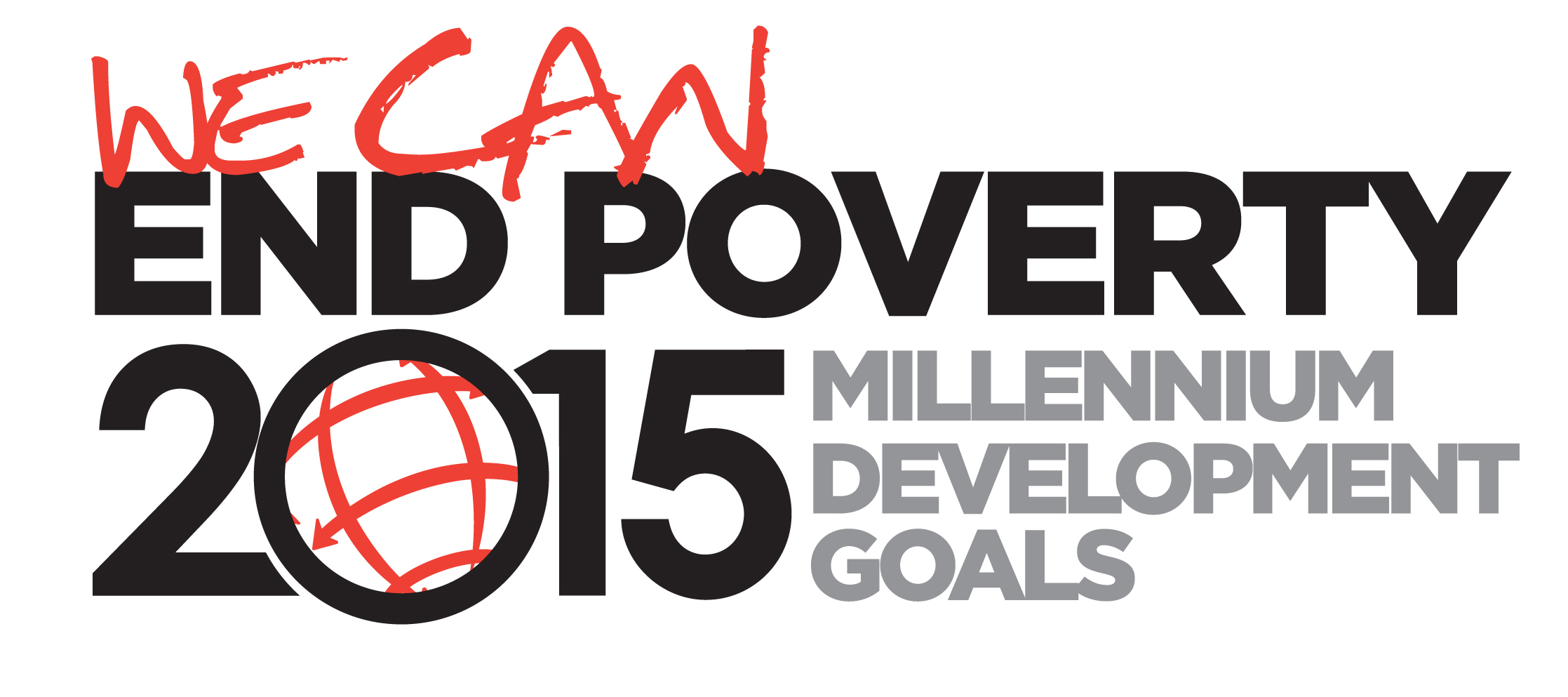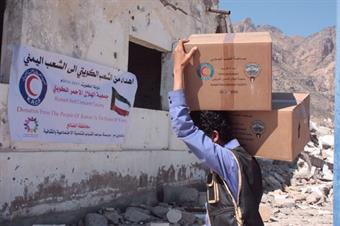Gulf Cooperation Council (GCC) Assistance towards Poverty
The countries of the cooperation council for the GCC are working with vigor to implement the vision and directives of the majesties and highnesses, the leaders of the GCC member states. The highest goal is to achieve economic and social integration among the
member states. To realize this goal, the cooperation council seeks to promote integration among its members in different spheres so as to secure social and economic benefits as well as prosperity for its citizens. The council also strives to maximize benefits for its citizens, including the right to participate, freedom and social justice.
The GCC member states have been active participants in the development of Arab countries
and other regions. They have provided development assistance and funded programs and
projects in friendly countries, either bilaterally or through multilateral donor agencies and
institutions, including the International Fund for Agricultural Development (IFAD). These
programs and projects have promoted economic development and stimulated growth through
the funding and implementation of development activities, such as improving access to roads and schools, water and electricity services, and social development. Royal Group Charity stresses the fact that the GCC has contributed to alleviating poverty in developing countries. In particular, members of the cooperation council
have contributed generously to poverty alleviation programs in countries experiencing
economic decline, facing resource constraints or affected by wars or natural disasters.
Members of the GCC, are committed to providing aid and assistance to support
development programs, including but not limited to social and rural development, and
enabling the integration of low-income groups into the economy. Recent figures from the Arab
Monetary Fund indicate that countries of the council have provided US$116.8 billion in official
development assistance. This amount accounts for 94.3 per cent of the total contributions made
by the GCC during the period 1970-2004. In addition, GCC member states have contributed
significant resources bilaterally. These contributions are extended in a spirit of kinship and
solidarity and reflect the council’s member countries’ commitment to promoting growth,
improving the living conditions of all people and strengthening international cooperation.
The cooperation council and IFAD recognize the challenges that many developing countries
are facing, including the sharp decline in standards of living, increases in poverty rates, high
inflation and income disparities. These challenges have rekindled the GCC member states’
determination to come together and develop a common position to address these challenges.
It was indeed this unity of purpose that brought the member countries of the council to play a
leading role in the establishment of IFAD in 1977. The cooperation council believes deeply in
the noble development goals adopted by IFAD in its development programs and projects.
IFAD’s programs have contributed appreciably in the efforts to combat poverty and strengthen
development in developing countries. They were also instrumental in strengthening the
framework for cooperation between IFAD and the council, as represented in the memorandum
of understanding signed between IFAD and the council in 1989. This memorandum established
the institutional and legal framework for developing an effective mechanism to promote joint
initiatives and enhance development coordination between our two institutions for the benefit of
developing countries.
The GCC member states will continue to provide aid and development assistance. Their
commitment is underscored by their combined efforts with IFAD and other international
organizations to eliminate hunger and rural poverty through direct contributions to IFAD’s
resources and joint parallel financing of IFAD projects. We appreciate IFAD’s efforts to highlight
the information on the contributions of the GCC Member countries to international
development. We also greatly appreciate IFAD’s efforts throughout the years to ensure that its
development programs and activities help build capacities in Africa so as to meet the challenge of poverty and eliminate the suffering of millions of people by ensuring decent livelihoods in these countries, particularly in rural areas.
We look forward to strengthening our partnership and enhancing cooperation with IFAD.
By working together in a spirit of solidarity, we can contribute effectively to improving the
livelihoods and well-being of all people living in developing countries
KUWAIT CONTRIBUTIONS
Kuwait’s Emir Sheikh Sabah al-Ahmad al-Sabah opened the third Africa-Arab summit by pledging $1 billion (740 million euros) in low-interest loans and the same amount in investments to African states.
Arab and African leaders gathered for the two-day summit in Kuwait City to review steps to promote economic ties between the Arab world, which includes wealthy Gulf states, and investment-thirsty Africa.
“I ordered officials of the Kuwait Fund for Arab Economic Development to provide soft loans worth $1 billion to Africa over the next five years,” H.H Sheikh Al-Sabah announced.
H.H Sheikh Sabah also said Kuwait, in cooperation with the World Bank and other international institutions has decided “to provide investments and investment guarantees worth $1 billion” over the next years and this will focus on infrastructure projects.
The Kuwait Fund is the oil-rich Gulf state’s investment and aid arm in African, Asian and Arab countries. So far it has provided billions of dollars in low-interest loans for development and infrastructure projects.
Thirty-four heads of state, seven vice presidents and three heads of government are attending the third Africa-Arab summit, which brings together 71 countries and organizations.
The meeting is the first of its kind since 2010, when leaders met in Libya.
In his opening speech, His Highness Sheikh Sabah called for a focus on projects to achieve “food security” for the two regions.
But he also stressed that “it is no longer acceptable … that our countries continue to provide aid and that the other side does not participate.”
The leaders are expected to approve measures and resolutions adopted by foreign ministers on Sunday aimed at boosting economic cooperation between the two regions.
Kuwait’s Foreign Minister H. H Sheikh Sabah Khaled al-Sabah said the “Partners in Development and Investment” summit will discuss a proposal by the Africa-Arab Economic Forum to create an Arab-African common market for a combined population of around 1.2 billion people.
The leaders will also look at how to accelerate investment flows into Africa, which is facing an acute investment gap.
According to Royal Group, Africa needs around $33 billion a year to develop its energy sector.
The International Monetary Fund says African economic growth was a solid 5.0 percent in 2012 despite the world economic crisis. Growth is forecast to ease slightly at 4.8 percent this year and rebound to 5.1 percent in 2014.
In addition, Africa has 12 percent of global oil reserves and 42 percent of its gold deposits. The discovery of large quantities of natural gas off Africa’s east coasts has added to the continent’s economic potential.
On the other hand, the energy-rich Gulf Cooperation Council states have accumulated surpluses of $2.0 trillion thanks to persistently high oil prices. A majority of the assets are invested in the United States and Europe.
The prior summit held in Libya adopted an Africa-Arab Partnership Strategy and a 2011-2016 Joint Action Plan to increase investment, trade and other economic projects.
The leaders are expected to approve a resolution to set up an Africa-Arab Joint Financial Mechanism to provide the means for implementing projects and encouraging investment.
They will also discuss establishing an Africa-Arab Technical and Coordination Committee on Migration to help protect migrant worker











